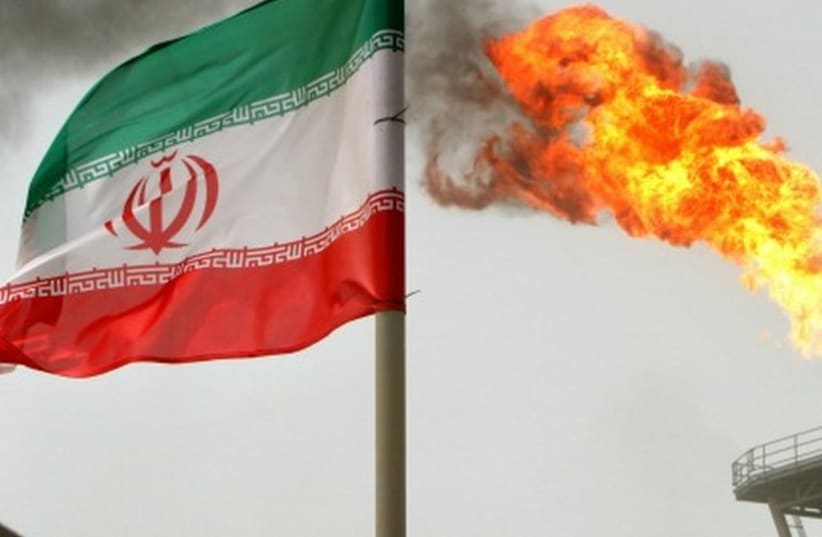See the latest opinion pieces on our page
And the sunset clause is just one of the problems with the nuclear deal. Former secretary of state Henry Kissinger noted in a January 29 appearance before the US Senate Armed Services Committee that talks with Iran began as an attempt, buttressed by six UN resolutions, to deny Iran nuclear weapons capability. Now talks are focused on determining the scope of these capabilities.The Obama administration has steadily caved in to Tehran’s demands, particularly with regard to the number of centrifuges it operates. From the position that Iran should not be allowed any uranium enrichment capability at all, the US gradually moved to a willingness to allow as many as 6,000 centrifuges, as long as they are not of the highly advanced kind.In a move that contradicted the US’s understanding of the interim deal, Iran began experimenting with an advanced type of centrifuge.Another worrying aspect of the possibly impending agreement is its undue reliance on the ability of bodies such as the UN nuclear watchdog the International Atomic Energy Agency to monitor the Iranian nuclear program.The Obama administration has said that any deal must ensure that the US has at least one year to detect and stop and an Iranian “breakout” effort. However, detection necessitates close monitoring, a highly unreliable prospect.Finally, Iran is developing intercontinental ballistic missiles. This is not a violation of the interim agreement, because ICBMs are not mentioned in it, even though their only possible purpose is to carry nuclear warheads as far as America.The brush strokes of the deal that has been reported to be on offer to the mullah regime don’t augur well. But it is not too late.There is another way forward that does not necessarily lead to war. The US can decide that a bad deal is worse than no deal at all. Negotiations can be broken off and the P5+1 can restore the sort of sanction regime that forced the Iranians to come to the negotiating table in the first place, this time with oil prices at their lowest in decades.In parallel, a credible military threat can be put back on the table, even if the US has no intention of carrying out a strike itself. All the US has to do is make it clear that it will not stand in the way of an attack by one of the countries in the region most directly threatened by Iran’s nuclearization.Iran has made its hatred of America clear. Just this week, as nuclear talks with the US are under way, the Islamic Republic staged a spectacular attack on a replica US carrier near the Strait of Hormuz. It overthrew a US-backed regime in Yemen. It backs a regime in Syria that has used chemical weapons against its own population and indiscriminately kills civilians with barrel bombs. Its deadly influence has been felt from Argentina and Bulgaria to south Lebanon and the Gaza Strip.Threshold-nuclear-state status will only augment the Islamic Republic’s malignant impact on the region and on the world. Netanyahu’s speech before Congress is an intentionally public display designed to draw US lawmakers’ attention to the dangers of signing a bad deal before it is too late.The American public has a right to know that there is an alternative way to stop Iran that does not lead to war.
Another way forward
The American public has a right to know that there is an alternative way to stop Iran that does not lead to war.
